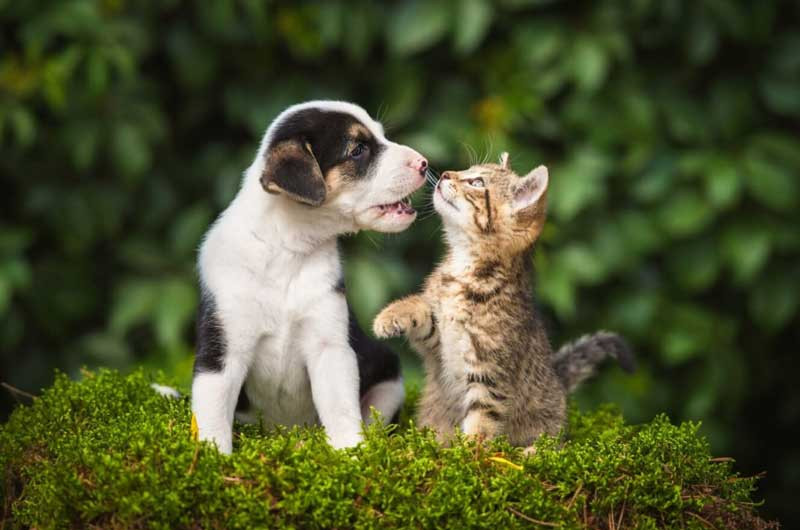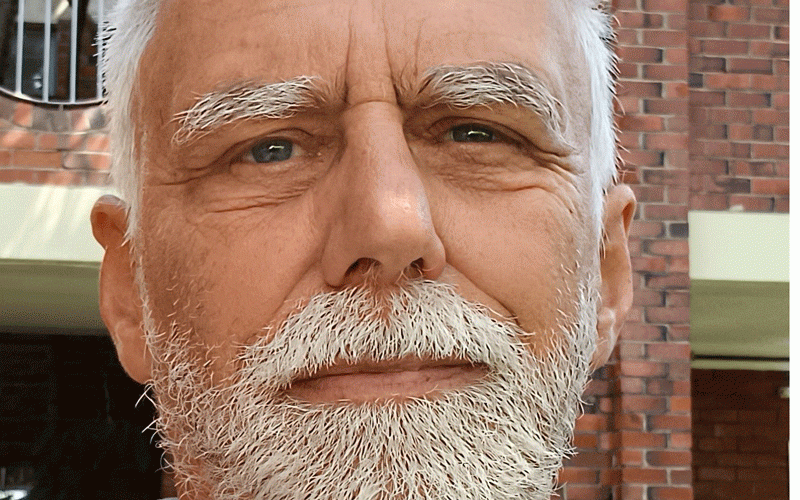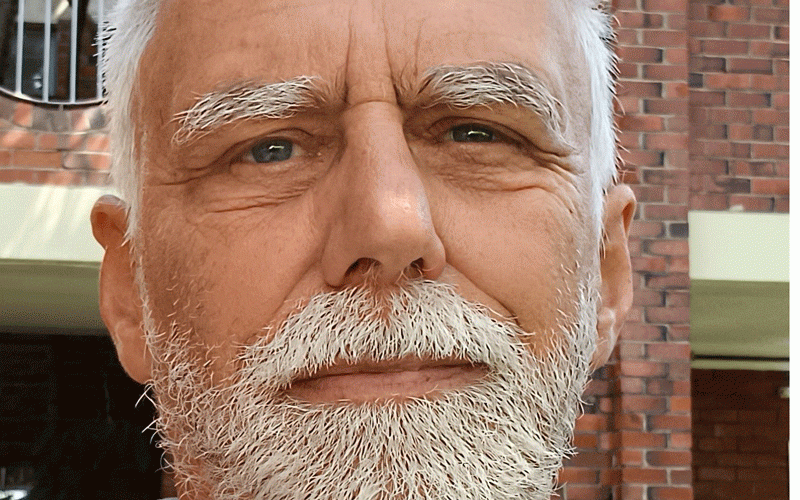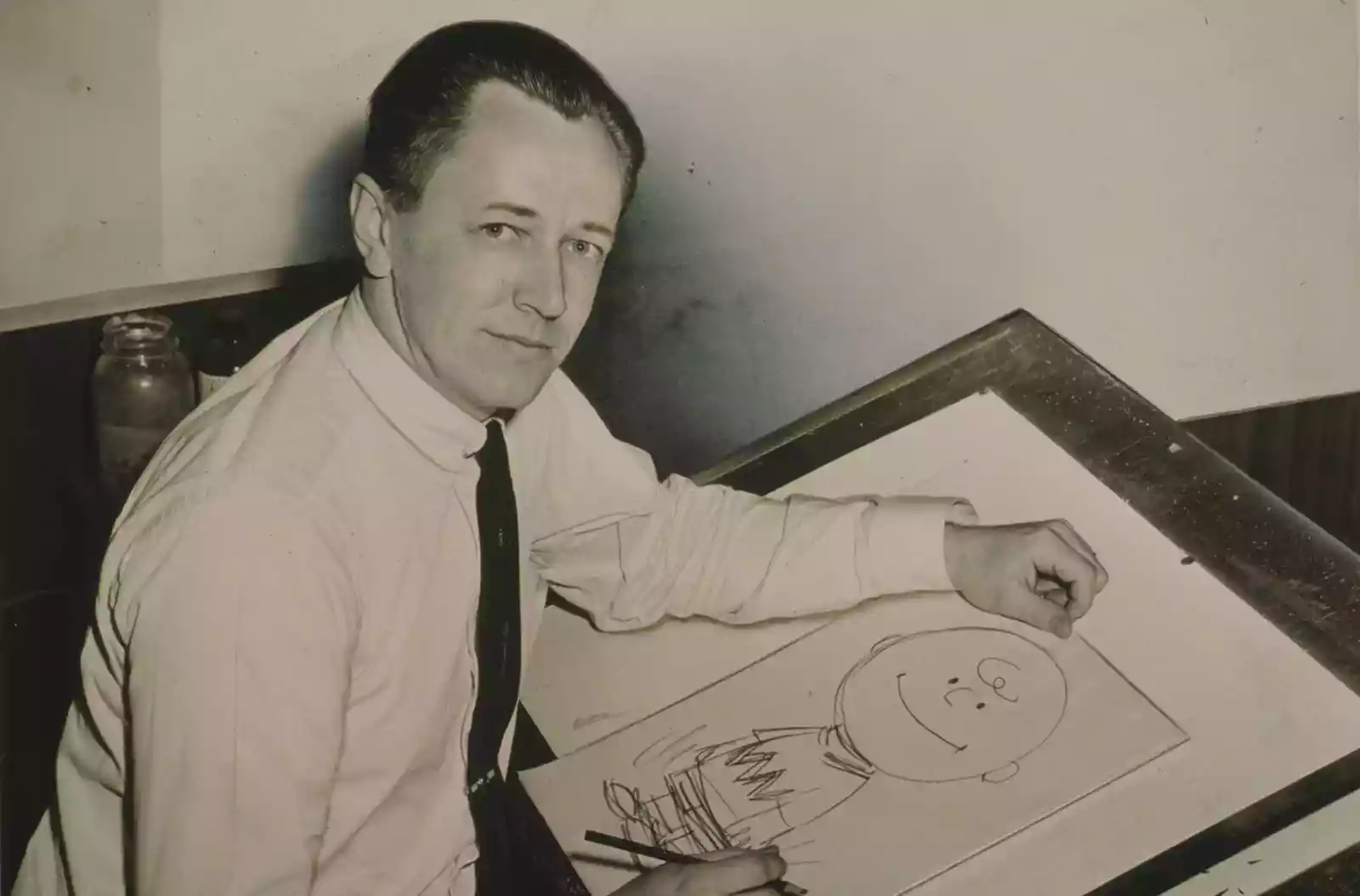
The world may be divided in two; dog lovers and cat lovers. It is not really possible to love both dogs and cats; after all, dogs do not like cats and cats do not like dogs.
There are the common sayings which tend to highlight the cat’s alleged superiority, such as “Dogs have masters; cats have staff.”
Now there may be some people who do not wish to upset other people, let alone either cats or dogs and such people often use the wonderful mysterious world of euphemisms, a definition of which has been given as a “mild or indirect word or expression substituted for one considered to be too harsh or blunt when referring to something unpleasant or embarrassing”.
Such a thought might have been behind the person who decreed that the euphemism for a cat is a “useless dog”.
There are many wonderful examples of euphemisms. Advertising agents will use this to the full, so that we do not make a ‘purchase’; we make an ‘investment for the future’.
In business, we refrain from saying someone is ‘unemployed’ but rather say he is ‘considering his options’ (or other such options).
In language, even when talking about euphemisms we use a euphemism, such as ‘good bad words’! And then there are lies!
No, euphemisms are not necessarily lies but in religious terms we avoid using the harsh judgmental word of ‘lies’ and disguise them as “terminological inexactitudes”, not forgetting the comment allegedly made by Disraeli that “there are three kinds of lies: lies, damned lies and statistics”, though Aaron Levenstein’s quip that “Statistics are like a bikini. What they reveal is suggestive, but what they conceal is vital” may not entirely be seen as a euphemism (but is no doubt worth remembering). We are surrounded by PC euphemisms.
- WHAT AN INTER(esting) VIEW!
- Parenting by degree
- School of sport: We still have a problem
- Robin Hood and parenthood
Keep Reading
There are many euphemisms to help people avoid having to say the word ‘death’ though most of them do not provide the dignity that such an event deserves.
The same is true when it comes to children. We do not want to upset the children or their parents by sharing the apparently unpleasant reality of their ability so we couch it in softer terms, even in the dreaded school reports.
There may be more than one way to skin a cat, as the saying goes (there we go, cats again), not least curiosity (which is another story) but there are hundreds of versions of describing a child with poor academic ability, one of the most common ones being he is “not the sharpest pencil in the box”.
Which comes to the point (if we will forgive the pun) of pencils. Without putting too much of a point on it, what is their point?
Without saying the obvious that the point of them is the sharp bit at one (or both) end of it, a pencil has a number of points to it. A pencil can be handled, easily, by everyone. A pencil is what a child first uses yet they are used throughout all ages in our life. A pencil may become blunt but it can be sharpened – again and again.
A pencil may make a mark or mistake but such can be erased easily enough, as often as necessary.
A pencil has different uses, not just being confined to writing but also being used for drumming, sucking, biting (as children also tend to do) and much more. They are held in different ways, leading to different styles of handwriting.
They are usually made of lead surrounded by wood. Every pencil has its value and purpose.
We must not tiptoe around and try to cover up the reality with euphemisms; rather we must tell the blunt truth (then sharpen it).
The reality however is not to say that children are useless or ‘thick’ or ‘stupid’ simply because they cannot undertake certain academic tasks.
No, just like pencils, there are many important points to be noted. Children have different abilities. There is no shame in that. After all, we can have different colours of pencils, different lengths, different thicknesses. Children can be sharpened, again and again, as and when they lose their sharpness. If children make mistakes, those mistakes can be erased. Each child can, and must be handled in different ways in their own style.
Children are made up of mind surrounded by heart; sometimes the mind ‘breaks’ (as does the lead) so then we must sharpen it again.
Children become adults who have different uses in this world.
John William Gardner, the Secretary of Health, Education and Welfare under President Lyndon B Johnson was allegedly the one who said that “Life is the art of drawing without an eraser”, but we might disagree and say that life is actually the ability to sharpen a pencil.
Our role is to sharpen the minds of our children that they in their turn and in their way may draw a masterpiece or compose a best-seller or devise a delicious recipe.
To which the only smart response is obvious: “sharp, sharp!”
- Tim Middleton is the executive director of the Association of Trust Schools [ATS]. The views expressed in this article, however, are solely those of the author in his private capacity and do not necessarily represent the views of the ATS.
- email: ceo@atschisz.co.zw
- website: www.atschisz










